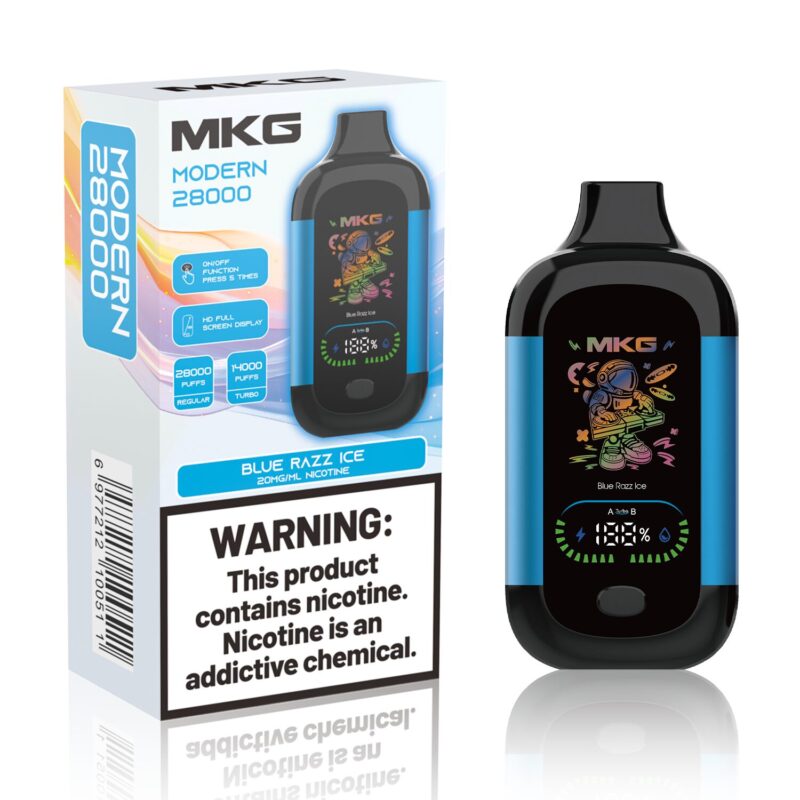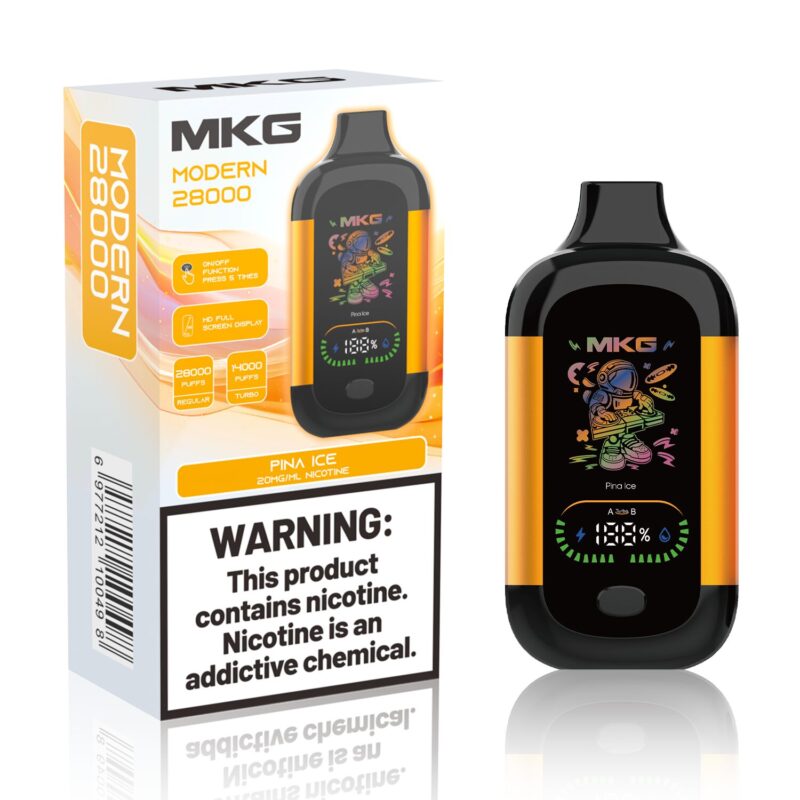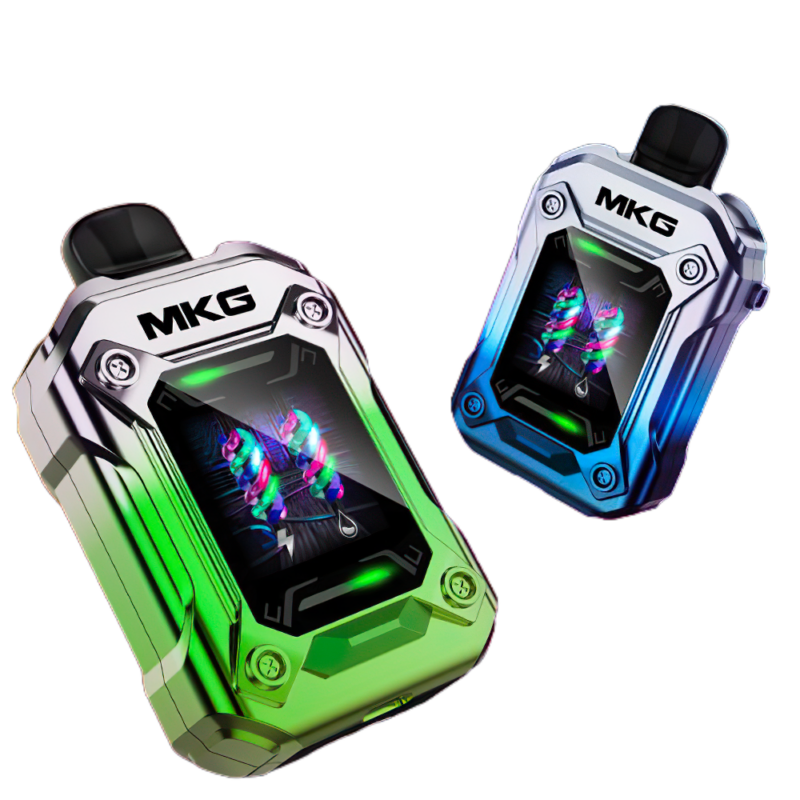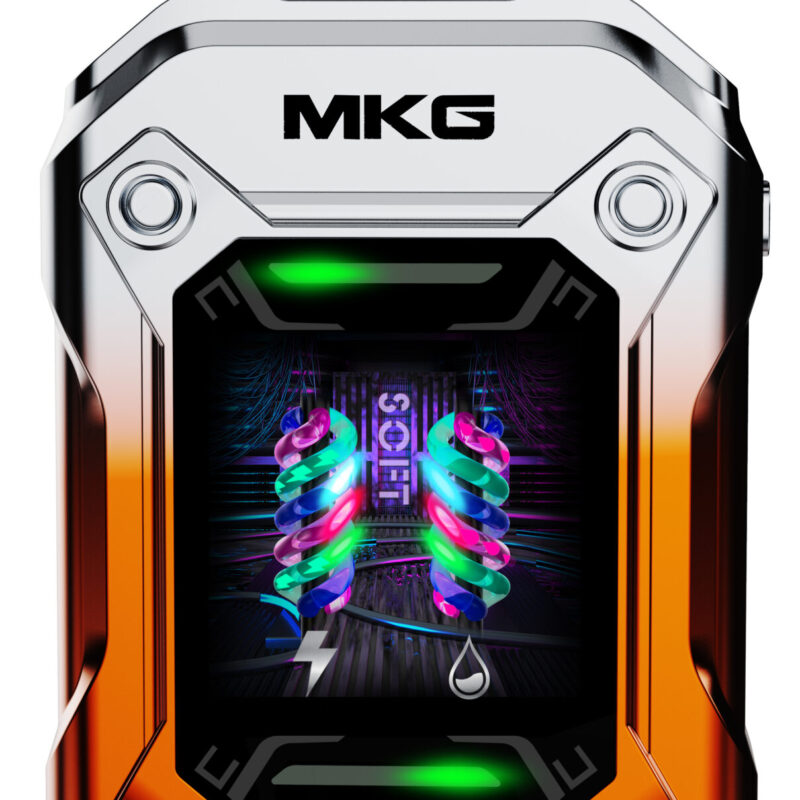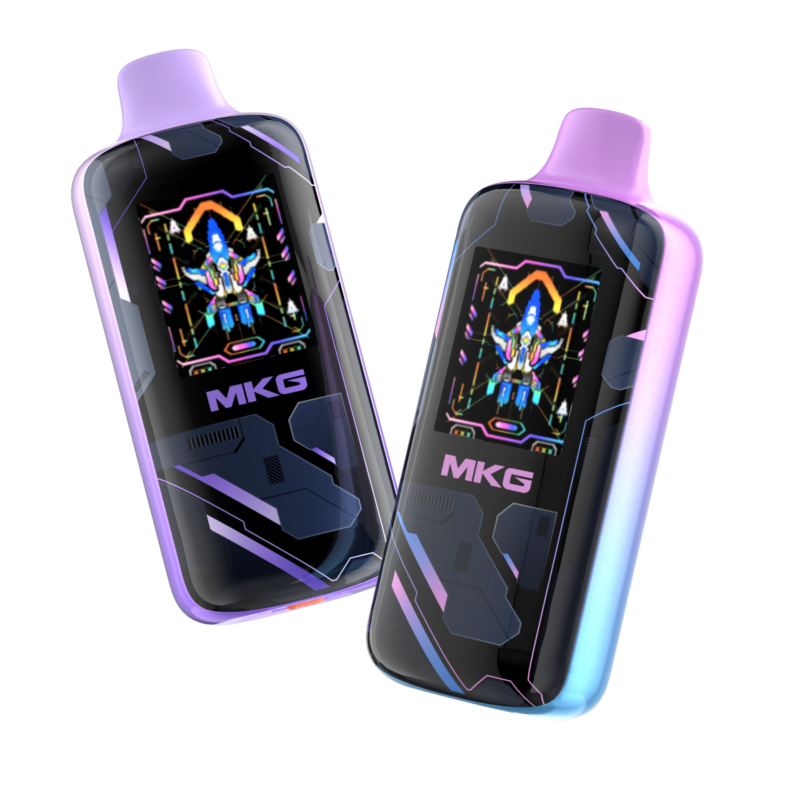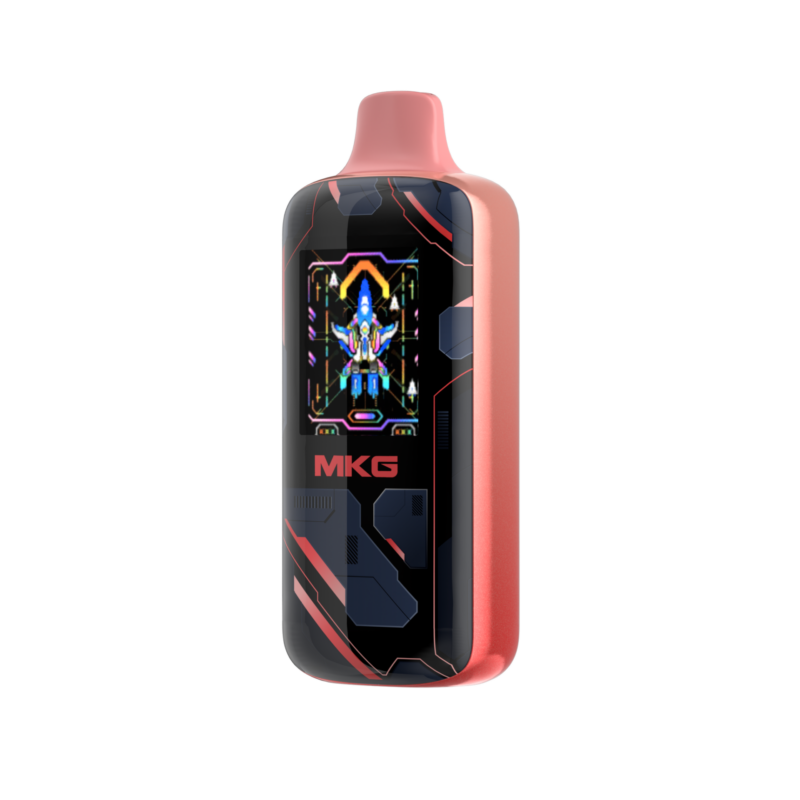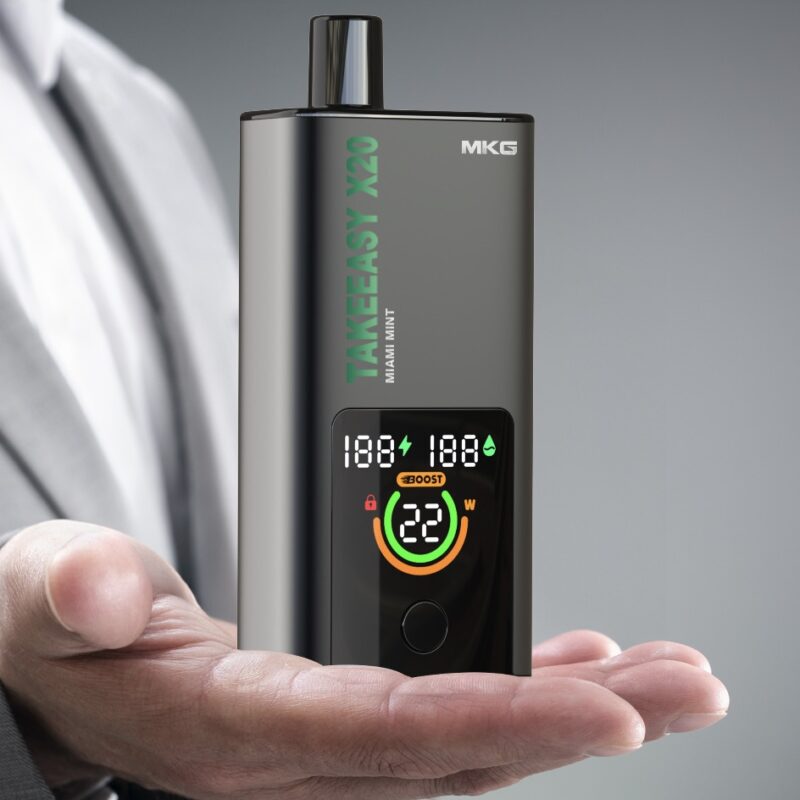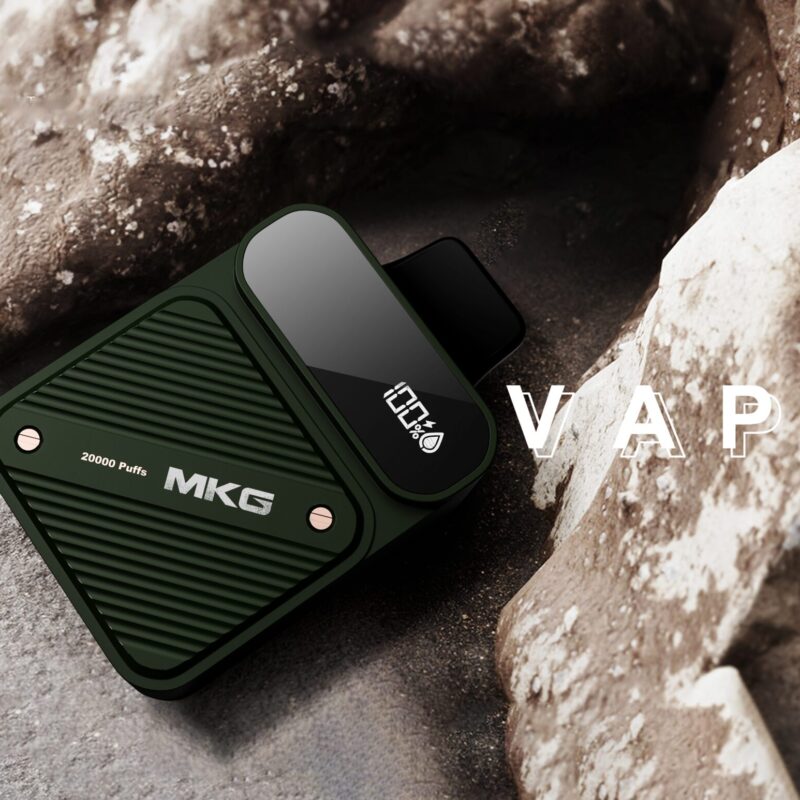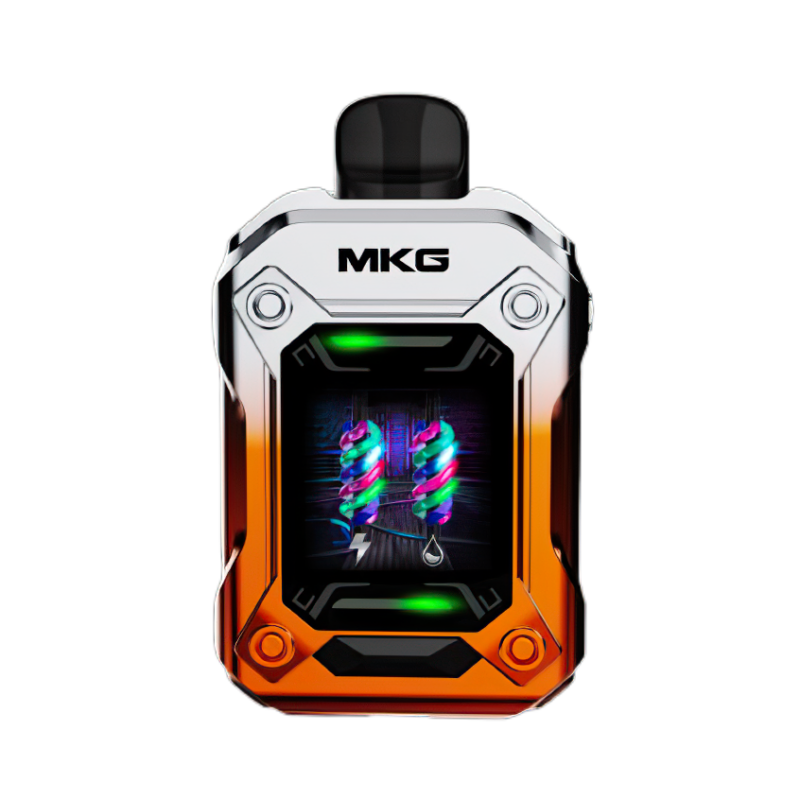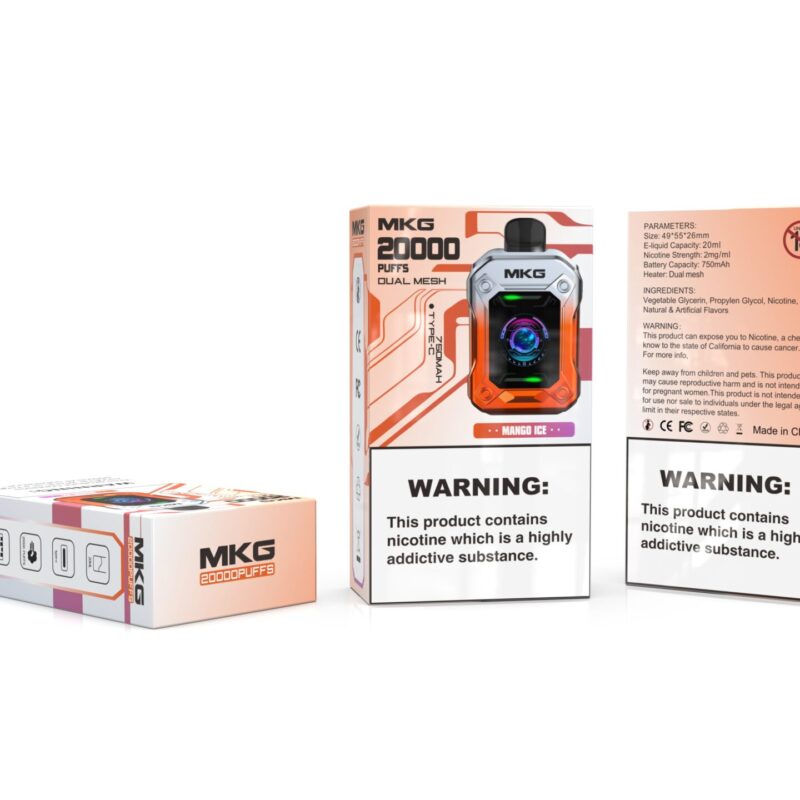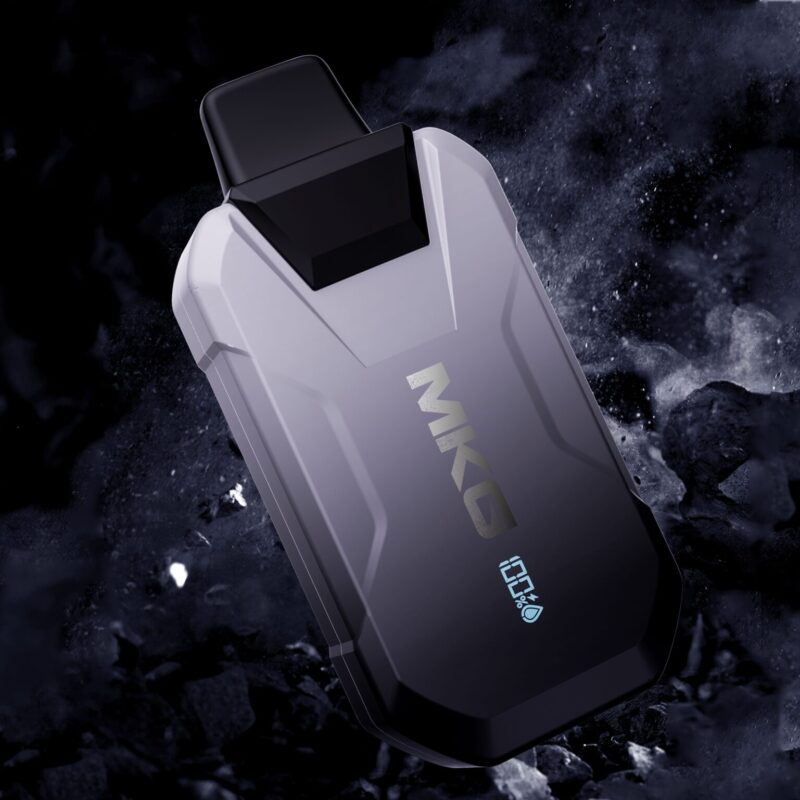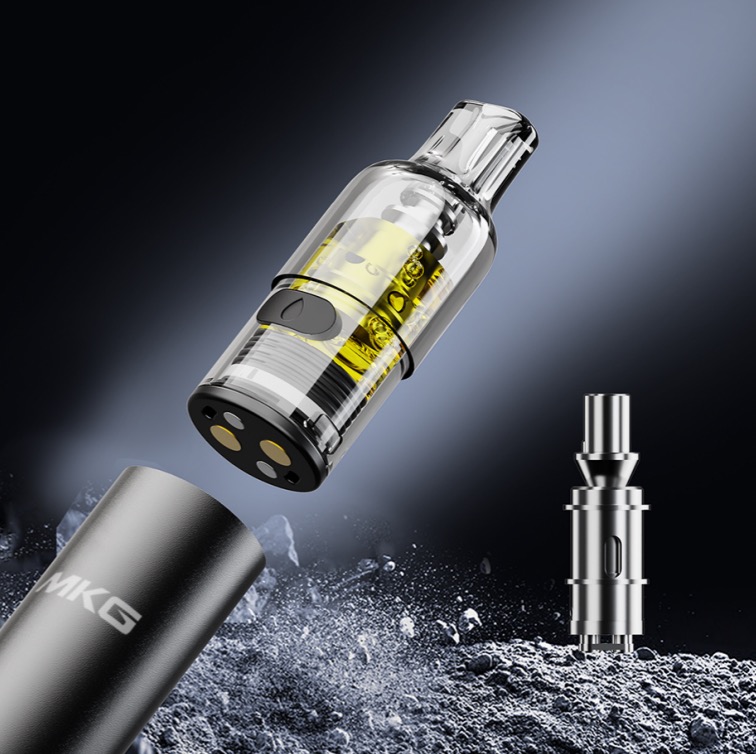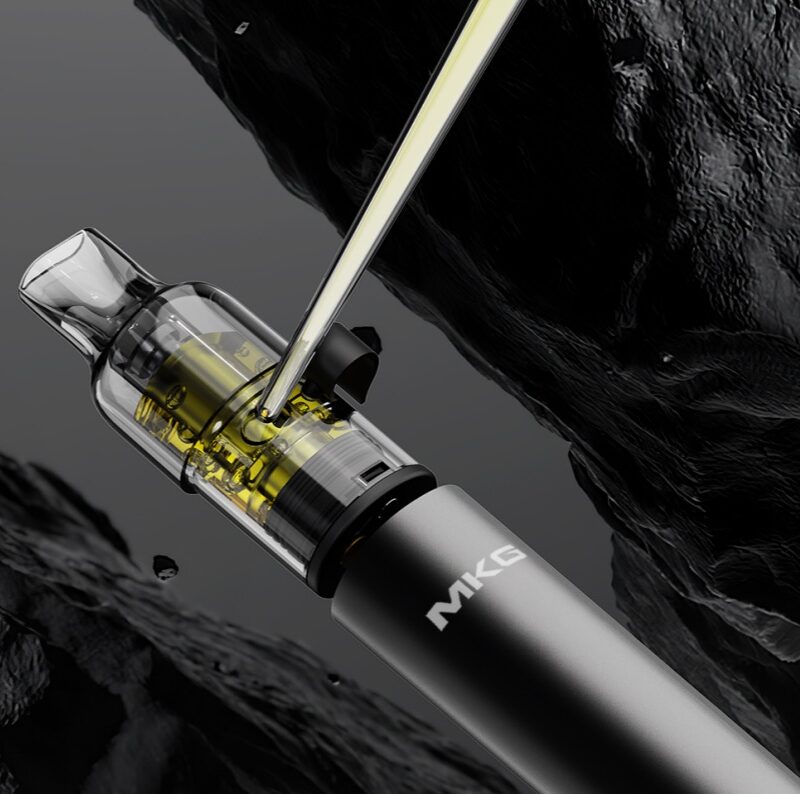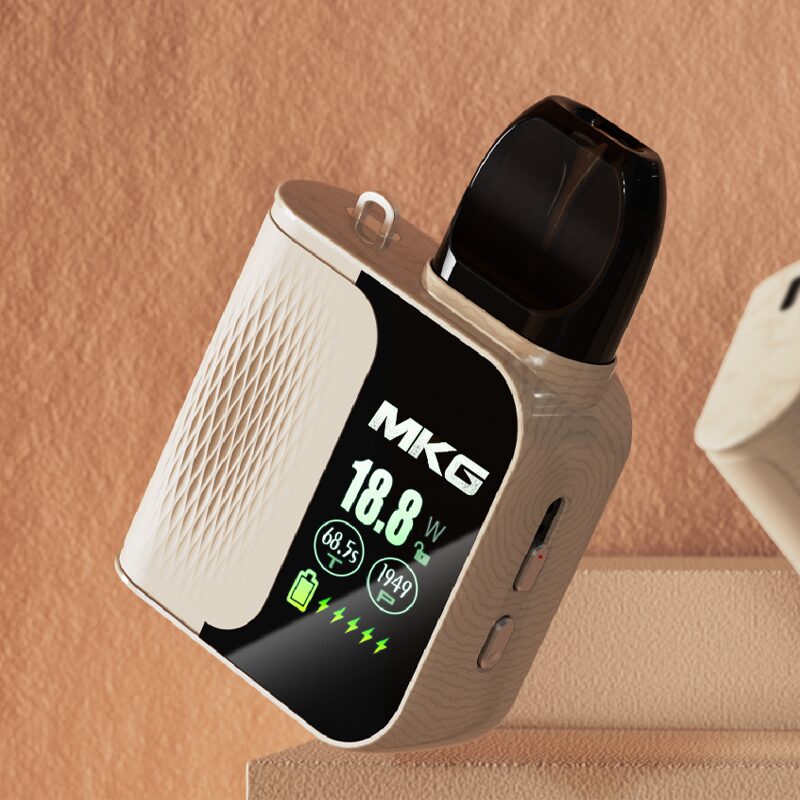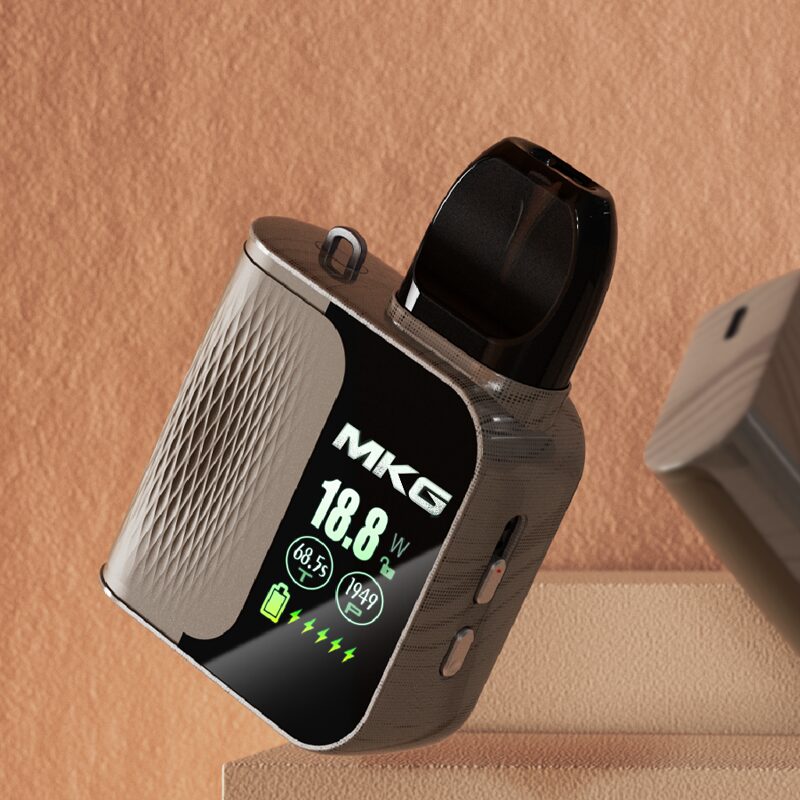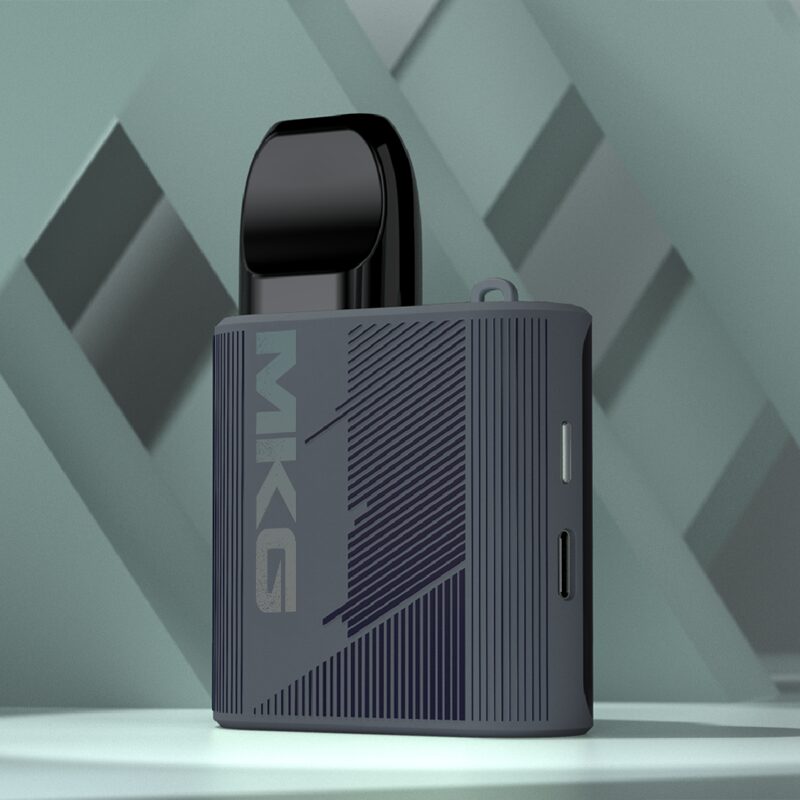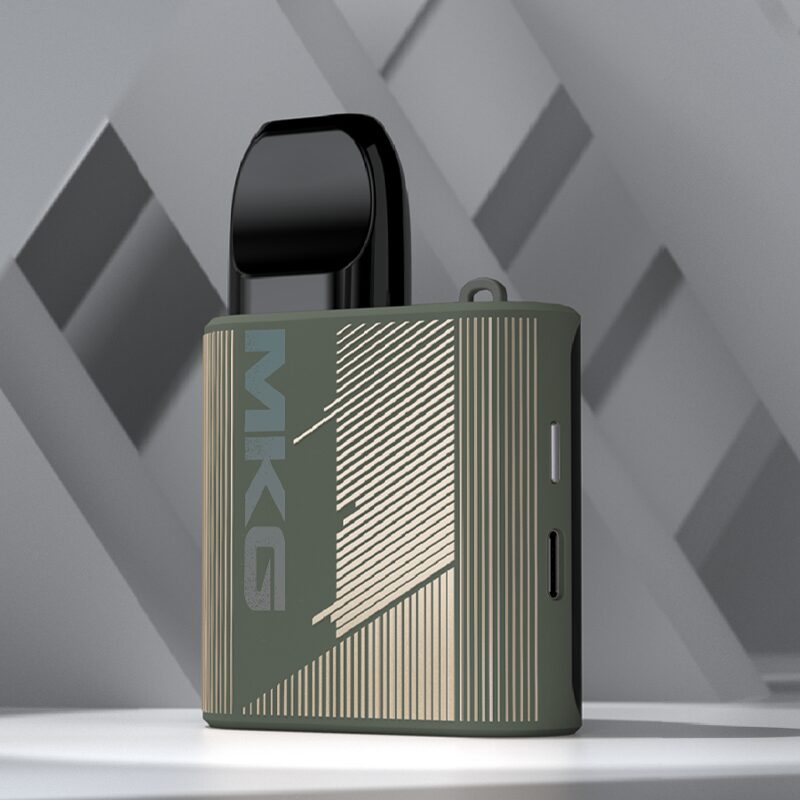There are 11 countries in Southeast Asia. Each country has a very different policy on e-cigarettes. Some are legal, some are banned, and some are legal. The policies of 11 Southeast Asian countries on e-cigarettes are summarized here; if there are sources of regulatory documents, the sources are indicated.
1. Indonesia (legal, apply for a sales license, levy 57% tax)
In July 2018, the Indonesian government officially announced the legalization of e-cigarettes and designated July 18 as the “Indonesian Vape Day”. But it is regrettable that by October 2018, the Indonesian government’s financial department will officially implement the 57% tax policy on e-cigarettes decided at the beginning of the year. This tax policy was originally planned to start on July 1.
1. E-liquids containing nicotine are regarded as “other processed tobacco” or products containing “tobacco extracts and flavors”;
2. E-cigarette hosts, atomizers, and non-nicotine e-liquids are regarded as consumer goods;
3. The tax rate on the retail price of electronic cigarette products is 57%.
Source: Indonesian Ministry of Finance Document 146/PMK.010/2017
2. The Philippines (legal, listed as a smoking cessation product)
In July 2018, the Philippine government passed a resolution on “using e-cigarettes as an auxiliary tool for harm reduction”. Policy makers believe that “e-cigarettes have had great success as a smoking cessation aid in the UK, and a prestigious report by Public Health England (PHE) and the Royal College of Physicians (RCP) states that e-cigarettes are at least 95% safer than traditional cigarettes “. HR1885 (Resolution on Harm Reduction) stated that “E-cigarettes provide an alternative. It is based on the concept of harm reduction, and we can help smokers switch from cigarettes to products that reduce the risk of smoking.”
1. Electronic cigarettes are classified as pharmaceutical products and medical devices;
2. E-cigarette products must pass the safety, effectiveness and quality assessment of the Philippine Food and Drug Administration in order to obtain market authorization qualifications for health care products and health-related equipment;
3. E-cigarette products must ensure the safety of children;
4. E-cigarette products are prohibited from being used in public places and their use in public transportation is restricted. Using e-cigarettes in public places in the Philippines can face up to 4 months in prison.
5. It is listed as a smoking cessation product.
Source: Statutes and Regulations of the Republic of the Philippines No. 9211
3. Malaysia (prohibition of selling and importing electronic cigarettes containing nicotine without permission)
1. According to the “Poisons Act” and “Drugs and Cosmetics Control Regulations”, nicotine-containing products are classified as Class C poisons. Devices or components without nicotine are classified as electrical appliances;
2. It is prohibited to sell, distribute or import electronic cigarettes containing nicotine without permission;
3. Electronic cigarettes containing nicotine can only be sold by licensed pharmacies or registered doctors, and anyone under the age of 18 is prohibited from selling or supplying electronic cigarette products containing nicotine.
Source: Malaysia P.U. (A) 223/84 Drugs and Cosmetics Control Act
4. Thailand (ban on the sale of e-cigarettes)
In Thailand, it is illegal to carry, buy, sell and use e-cigarettes. Carrying and using e-cigarettes, up to 5 years in prison and a fine of 500,000 baht (100,000 yuan); importing, exporting and selling e-cigarettes, up to 10 years in prison.
5. Singapore (ban on the sale of e-cigarettes)
Since 2014, the Singapore government has begun to prohibit the import and sale of e-cigarettes in the country. In December 2015, the possession of electronic cigarettes was criminalized. “According to the statistics of the Health Sciences Authority of Singapore, from 2012 to September 2015, there were more than 15,000 cases involving illegal entry of people carrying electronic cigarettes, including electronic cigarettes, electronic cigars and electronic pipes. Electronic cigarettes were caught. The Singapore Health Authority said that electronic cigarette devices are often found in packages ordered online or carried by people entering Singapore. The Singapore Tobacco Act prohibits the import, distribution, sale or supply of any form of electronic cigarettes designed or assembled Smoke products.
1. Electronic cigarettes are classified as imitation tobacco products according to the tobacco control law;
2. Singapore prohibits the sale, distribution and import of e-cigarettes.
Source: Singapore Tobacco Tobacco Control Law PART III Controlling the Sales of Tobacco Products
6.Laos (banning the sale of e-cigarettes)
In July 2018, Lao President Thongloun Sisoulith agreed and signed a ban on import, distribution and purchase in Laos Presidential decree on e-cigarettes, and agreed to hand over the matter to public health authorities. E-cigarettes are banned from use and sale.
Source: Agreement No. 1067/MPH Enforcing the Tobacco Control Law
7. Vietnam (ban on the sale of e-cigarettes)
1. E-cigarettes are classified as tobacco products;
2. Prohibit the sale and marketing of e-cigarettes to minors; (e-cigarettes have not been approved by the Ministry of Health and are prohibited in Vietnam)
3. Smoking electronic cigarettes in public places is prohibited, except in designated smoking areas.
Source: Law on the Prevention and Control of Tobacco Hazards in Vietnam No.: Document /2012/QH13
8. Brunei (ban on the sale of e-cigarettes)
1. E-cigarettes are classified as tobacco imitation products;
2. Prohibit the sale or import of electronic cigarettes;
3. Prohibit the use of e-cigarettes in most public places and transportation settings;
Source: Brunei Chapter 114 Drugs Act
9. Cambodia (banning the sale of e-cigarettes) prohibits the sale, import and use of e-cigarettes;
10. East Timor (there is a tendency to be banned soon)
11. Electronic cigarettes in Myanmar


